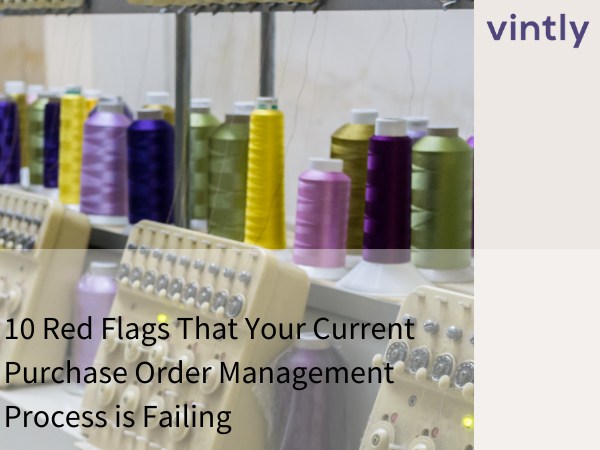From Fast Fashion to Responsible Production: Rethinking Supplier Engagement
The fast fashion model revolutionized the industry with speed, variety, and low costs. But it came with a high price: environmental degradation, labor exploitation, and supply chains pushed to the brink. As consumer expectations shift toward ethics and transparency, fashion brands must reimagine their supplier relationships—not just for compliance, but for long-term responsibility.
Why Fast Fashion's Model No Longer Works
Fast fashion thrives on volume and speed, often leaving suppliers little room for sustainable practices. Short lead times, razor-thin margins, and constant pressure to deliver drive many suppliers to compromise on wages, safety, and quality. The fallout? Damaged reputations, disrupted operations, and increasing regulatory scrutiny.
In 2025, responsibility isn’t optional—it’s expected.
Building Real Supplier Partnerships
To transition from transactional to responsible production, brands must engage suppliers as strategic partners. This means:
- Longer-term agreements that give suppliers the security to invest in ethical practices.
- Transparent forecasting that allows for better planning and reduced waste.
- Shared sustainability goals that are embedded in contracts and reviewed regularly.
Your suppliers are not just vendors—they’re extensions of your brand’s values and voice.
Make the Relationship Work for Both Sides
Responsible supplier engagement requires two-way communication. That includes honest conversations about costs, capacity, and challenges on the ground. By providing tools, training, and incentives, fashion brands can help their suppliers meet new expectations without bearing the burden alone.
If you're ready to build more resilient and responsible supplier relationships, take a look at our article on Key Considerations for Overseas Supplier Agreements. It covers practical steps to align commercial terms with ethical commitments—so your values don’t get lost in translation.
From Compliance to Collaboration
Compliance checks and audits are necessary—but they’re not enough. The most impactful brands invest in supplier development, including:
- Supporting cleaner production methods
- Co-developing traceability tools
- Encouraging innovation in low-impact materials
When suppliers feel respected, informed, and involved, they become active contributors to your mission—not just box-checkers.
Conclusion
Fashion’s future depends on how brands treat the people who make their products. By shifting from fast, disposable production to responsible, long-term supplier engagement, brands gain more than better ESG scores—they gain stability, trust, and loyal customers.
.png)


